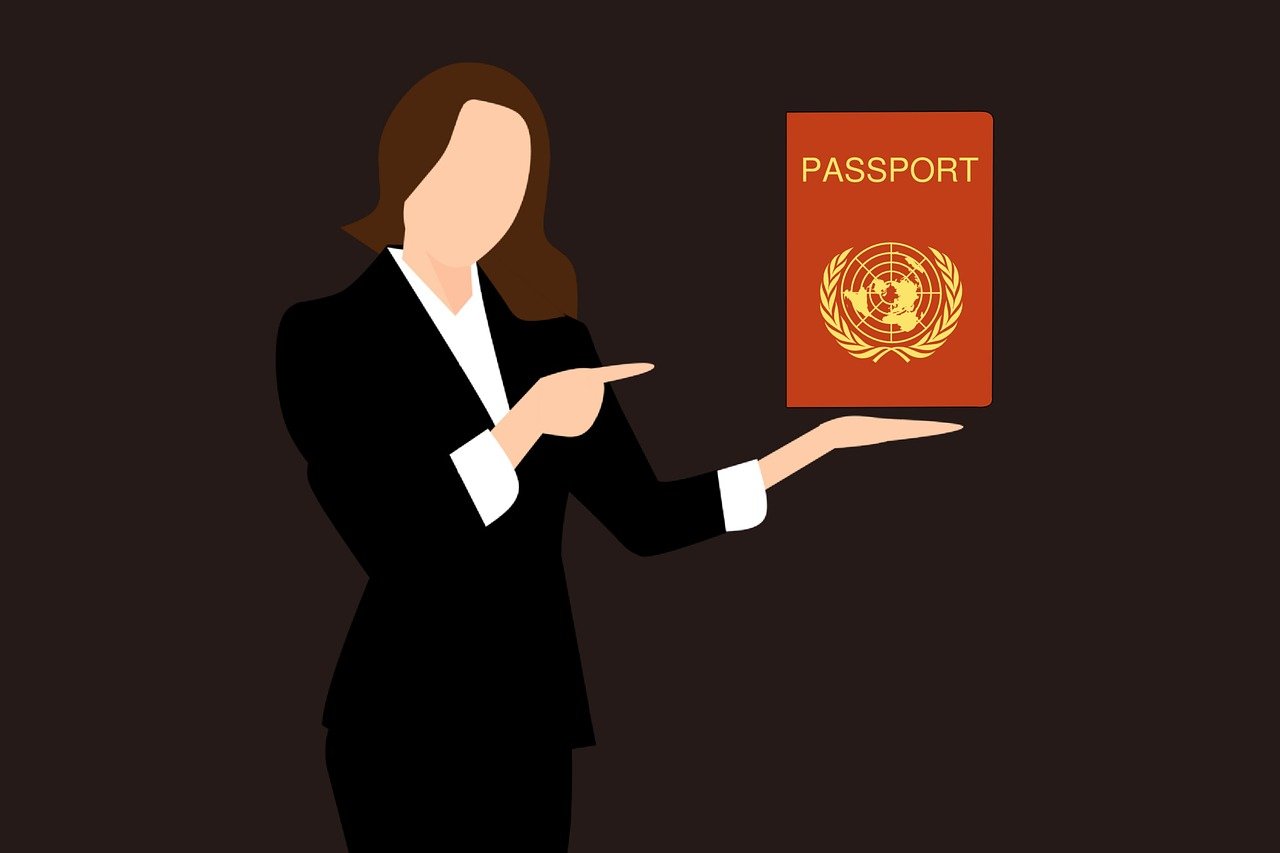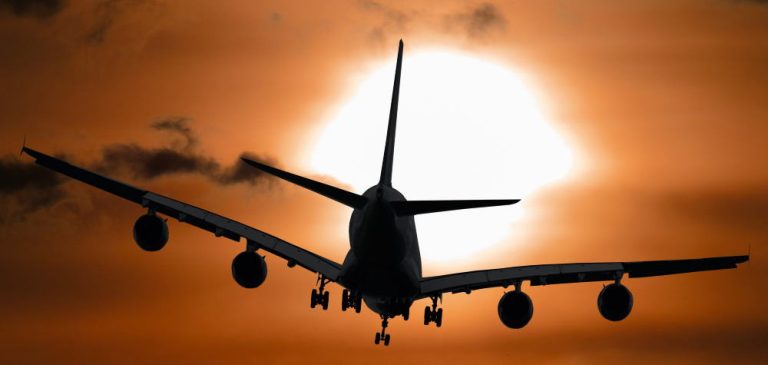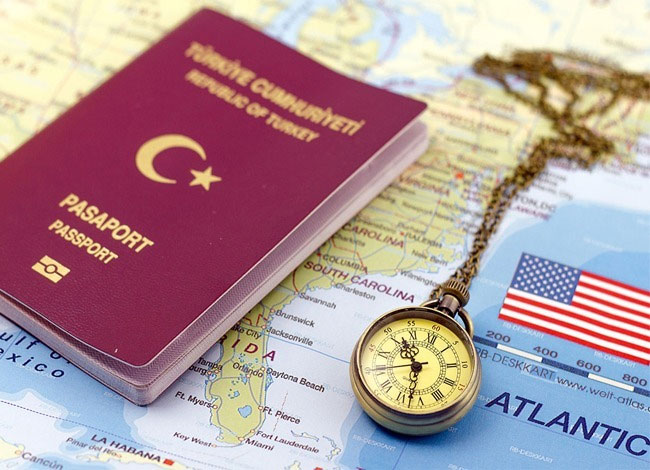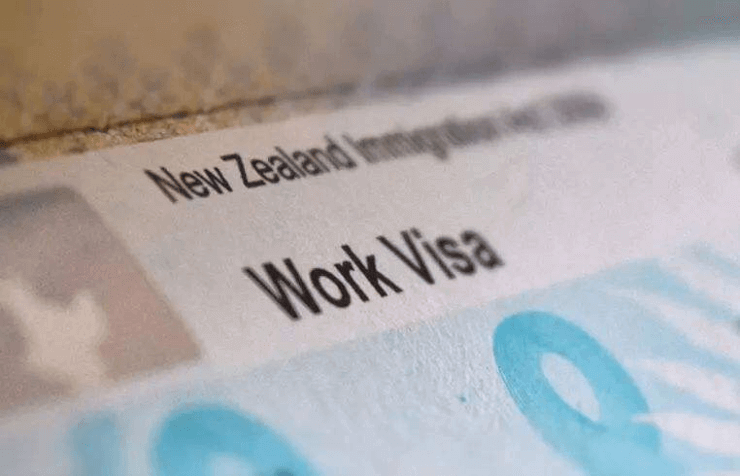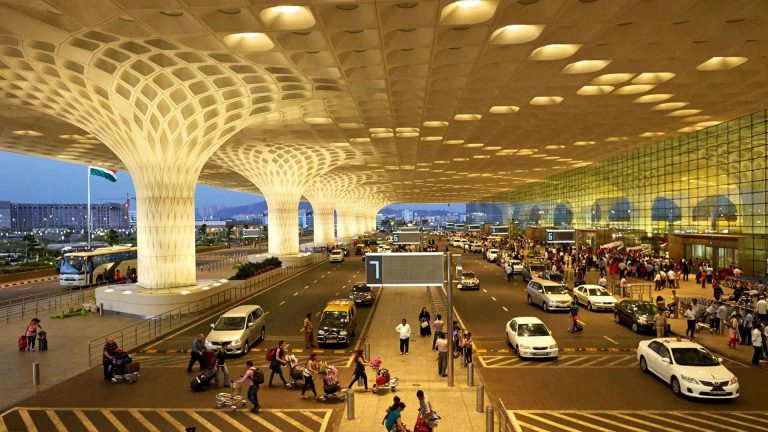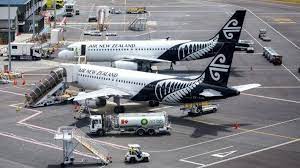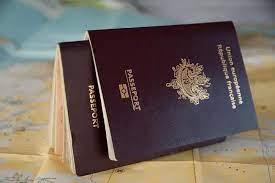What You Need To Know About Indian eVisa
When you are traveling to a country, it’s important to know what documents you’ll need and what the regulations are for that country. In this article, we’ll go through the Indian eVisa Requirements and list out what documentation is required for an Indian eVisa.
What You Need To Know About Indian eVisa
If you are a foreign tourist visiting India for leisure purposes, you may be eligible for an Indian eVisa. The Indian eVisa is a visa that allows foreigners to stay in India for a period of up to 60 days. In order to obtain an Indian eVisa, you must first apply online. The following are the requirements for applying for an Indian eVisa:
-You must have a passport that is valid for at least six months after the date of your planned departure from India.
-You must have a return ticket or ticket reservation to leave India within 60 days of your arrival in India.
-You must have sufficient funds to cover your expenses while in India. Foreigners who are not citizens of India are not eligible to apply for an Indian eVisa.
-You must provide proof of your identity and citizenship. This can be either a government-issued photo identification card or a certified copy of your passport page containing your photograph and name.
What is an Indian eVisa?
Indian eVisas are a type of visa that allows citizens of India to travel to many countries for tourism or business purposes. They are valid for up to 60 days and can be obtained through a travel agent, online, or at the Indian embassy or consulate in your home country. Prior to traveling, ensure that you have all the required documents, including a passport valid for at least six months after your planned departure from India. Airports allowed for Indian eVisa
Benefits of Traveling With an Indian eVisa
If you’re planning a trip to India, there are a few things you need to know about Indian eVisas. Here are the top benefits of traveling with an Indian eVisa:
1. Reduced visa application processing time. Indian eVisas help expedite your visa application process by cutting down on the time it takes to receive your visa.
2. Increased travel options. With an Indian eVisa, you can travel to any of the 56 Indian states and territories, as well as to the disputed regions of Kashmir and Aksai Chin in China. This flexibility allows you to explore more of India’s stunningly diverse landscape and culture.
3. No prior travel is necessary. If you have never traveled to India before, an Indian eVisa will allow you to stay in the country for up to six months without having to obtain a tourist visa first.
4. Increased security. Traveling with an Indian eVisa guarantee that you’ll be afforded increased levels of security when traveling to India, thanks to the country’s robust visa security measures.
5. Reduced airport wait times. Thanks to the eVisa program, most Indian airports now have shorter wait times for travelers
Things to Remember When Applying for an Indian eVisa
– Indian eVisa applications are now online.
– Applicants need to provide proof of their travel itinerary and their Indian visa application form.
– Applicants will be required to pay a non-refundable processing fee of Rs. 2,000.
– Indian eVisa applicants must have a passport with at least six months remaining validity and two blank pages.
– Indian eVisa holders are not allowed to stay in the same city for more than 72 hours in a row.
Preparing for Your Trip
If you are traveling to India, you may be wondering what type of visa you need. Here are some basics to help prepare for your trip:
– If you are a U.S. citizen, you need a visa to enter India. You can apply for a tourist visa at a U.S. embassy or consulate abroad or through a travel agent.
– If you are not a U.S. citizen, you will need a visa regardless of where you are from.
– The length of your stay in India will determine the type of visa you need. A tourist visa permit stays up to 60 days, while an eVisa permit stays up to 90 days and is more expensive (around $140).
– You must have a return ticket and proof of funds (a bank statement or credit card statement) to obtain an eVisa.
– Indian visas can be renewed before your expiry date if required, but it is best to check with the embassy or consulate before your trip as some require additional documents such as an employment contract or health insurance document.
Conclusion
If you are planning to visit India and need a visa, there is a lot you need to know. In this article, we will go over the different types of visas available to tourists visiting India and explain what you need to provide in order to get one. We will also discuss some common myths about Indian visas that you should be aware of before making your decision. Finally, we will give you a few resources so that you can find the information that you need easily and without any trouble.
